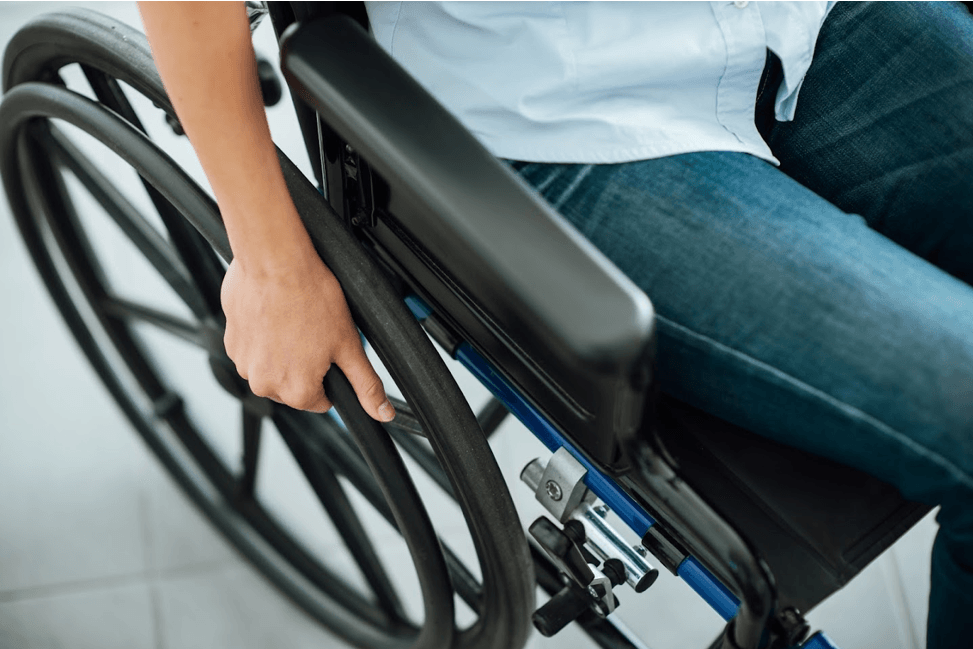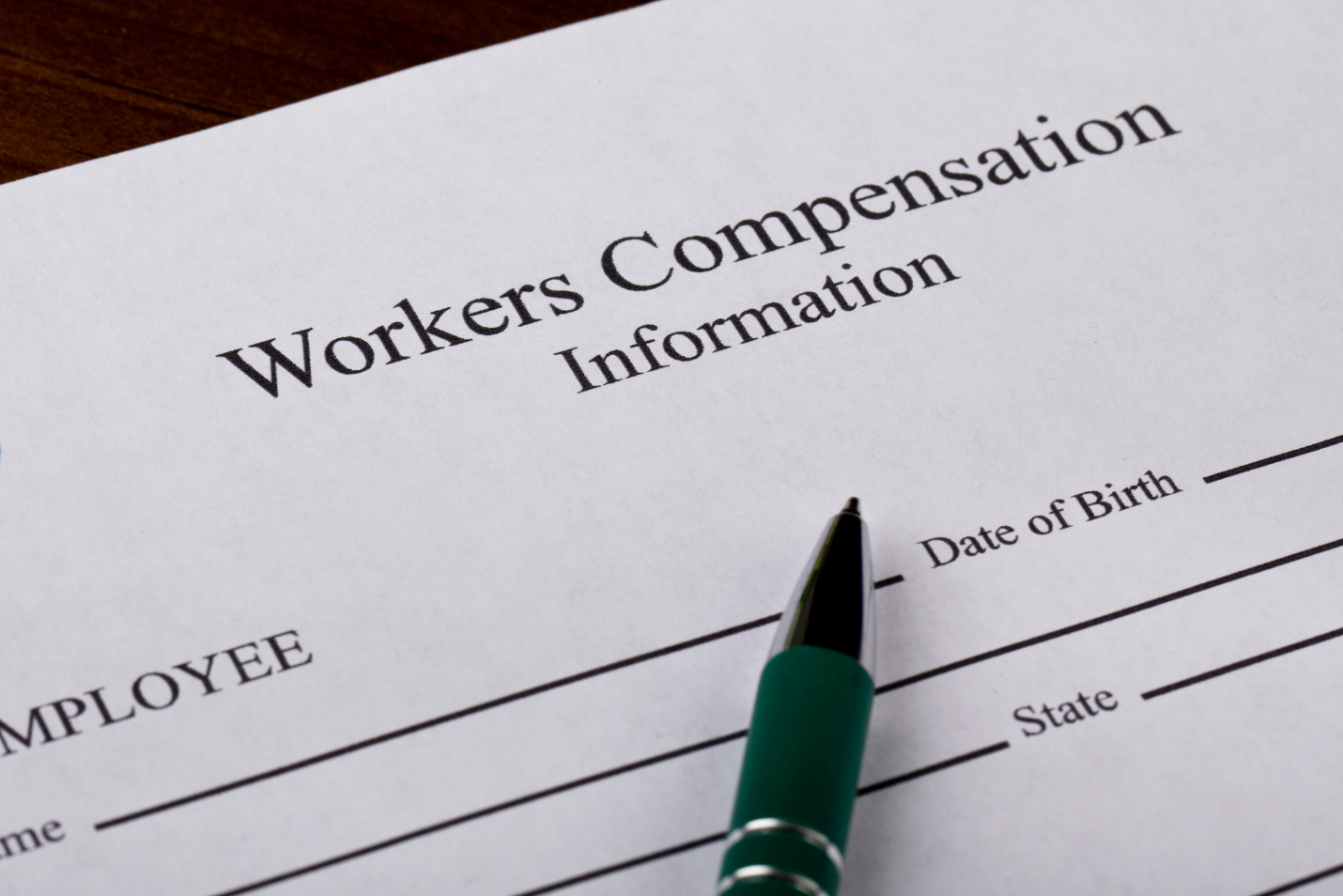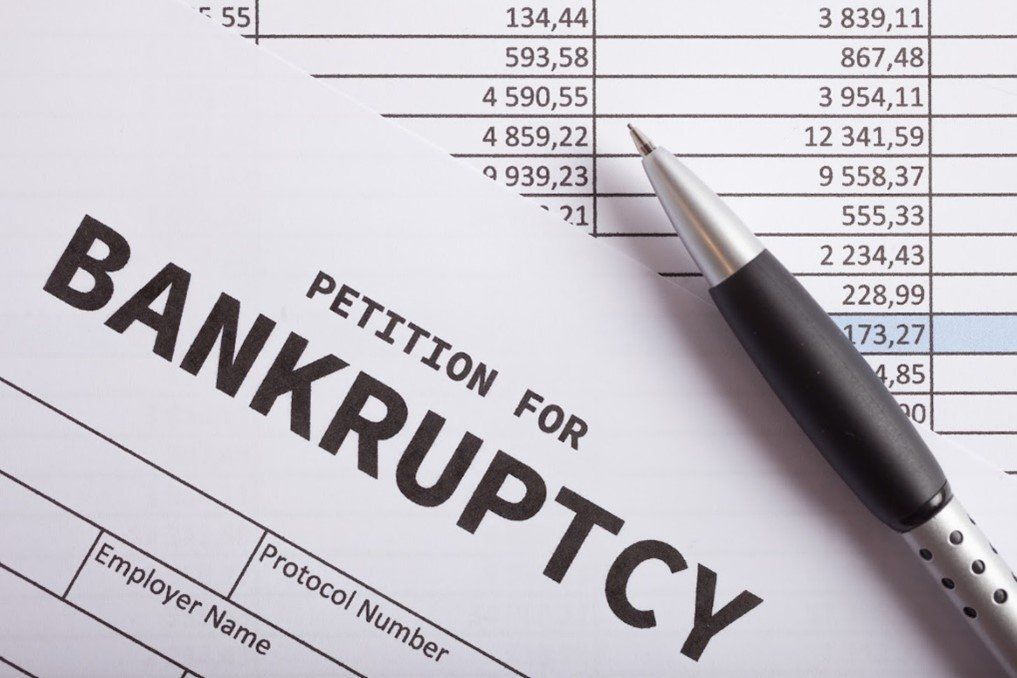
The Social Security Administration (SSA) reports that nearly two-thirds of initial disability claims are denied. Although the SSA is designed to help those in need, applying for and receiving Social Security Disability Insurance (SSDI) can be complex and challenging to navigate. In addition, the SSA has strict eligibility requirements that you must meet to qualify for benefits.
If you are considering applying for these benefits, it is essential to understand the most common reasons for denied claims. This blog post will discuss the eight most common reasons for denied Social Security disability benefits.
1. You Earn Too Much Income
One of the most common reasons for denied Social Security Disability benefits is that you earn too much income. The SSA has the "substantial gainful activity" (SGA) level. This is the amount you can earn while still being considered disabled.
In 2022, the SGA level is $1,350 per month for non-blind claimants and $2,260 for blind claimants. So you'll likely be denied benefits if you earn more than these amounts.
2. You Fail to Provide Enough Medical Proof to Support Your Claim
Your claim may be unsuccessful if you do not provide enough medical proof. For example, the SSA will want evidence from your doctor or other medical professionals that you have a disabling condition. The medical evidence can include, but is not limited to, medical records, test results, and treatment notes. If you do not have enough medical evidence to support your claim, the SSA may deny it.
3. Your Disability Won't Last Long Enough or Result in Death
Another common reason for being denied SSDI is that your disability is not likely to last long enough. To qualify for benefits, your disability must be expected to last at least one year or result in death. If your condition does not meet these requirements, the SSA will deny your claim.
4. The SSA Cannot Find You
The SSA may need to contact you for more information about your claim. If you've moved and haven't updated your address with the SSA, they may have difficulty finding you. Make sure you keep your contact information up to date to avoid this issue. If the SSA cannot contact you, they may deny your claim.
5. You Refuse to Cooperate with the SSA During the Claims Process
Another common reason for denied benefits is that you refuse to cooperate with the SSA during the claims process. The SSA needs your cooperation to investigate your claim properly and gather the necessary information.
6. You Fail to Follow the Doctor's Prescribed Treatment
The SSA requires that you follow the doctor's prescribed treatment to determine whether your disability is severe enough to qualify for benefits. If you do not properly follow the treatment and show that your disability still prevents you from working, you may be ineligible for benefits.
7. You Fail to Provide Enough Information About Your Work History
The SSA needs to know about your work history to determine whether you are eligible for benefits. If the SSA cannot determine that you have worked long enough and recently enough, you may not qualify for disability benefits.
8. Your Disability Is Based on Drug Addiction or Alcoholism
The SSA will not provide benefits to claimants whose disability is based on drug addiction or alcoholism. This is because the SSA does not consider drug addiction or alcoholism a valid reason for disability.
Conclusion
If you have been denied SSDI, it is important to understand the most common reasons for denials. This can allow you to address the reasons for denial when you file your appeal.
If you want to discuss your claim with an attorney, contact Willis Spangler Starling. We will review your case and help you determine your next steps. Contact us today to get started.











